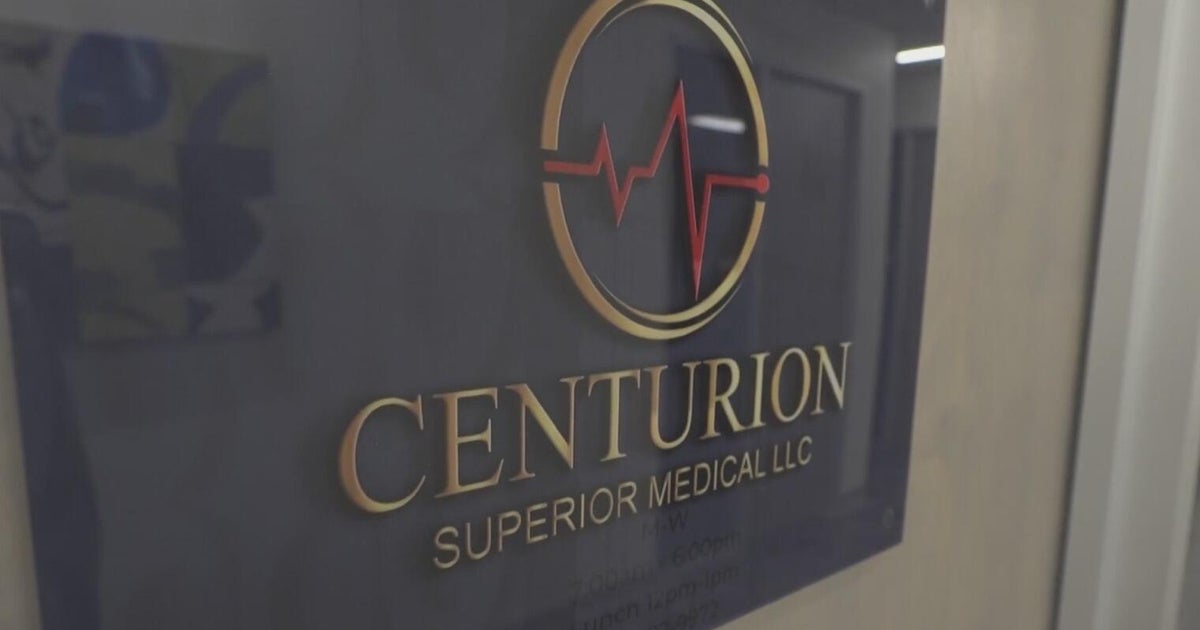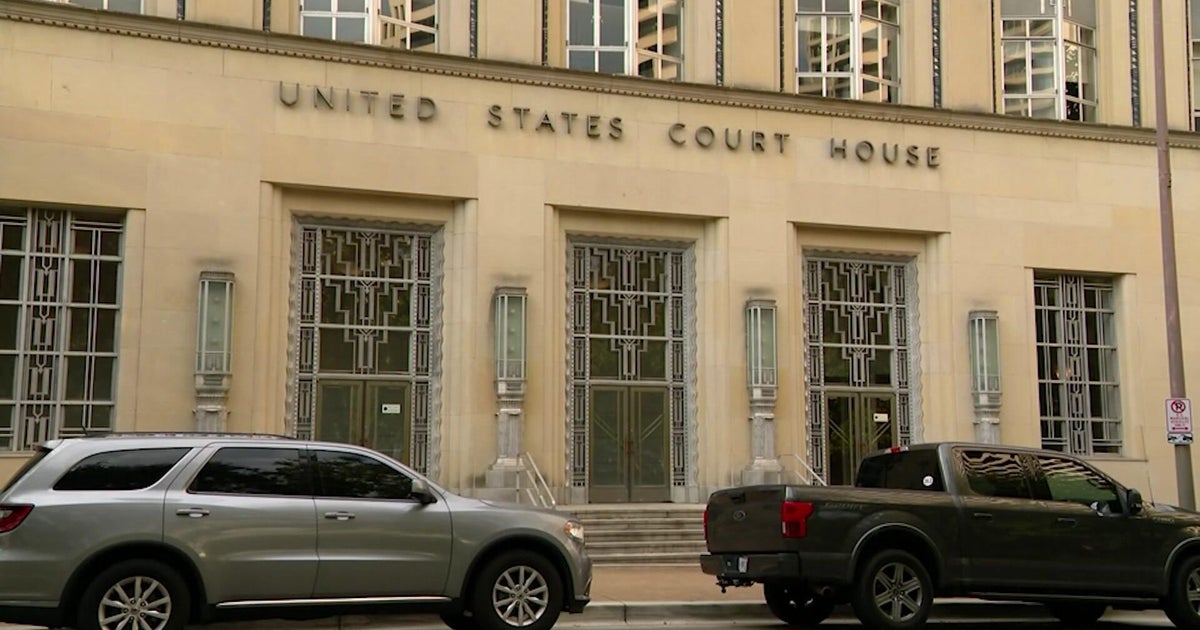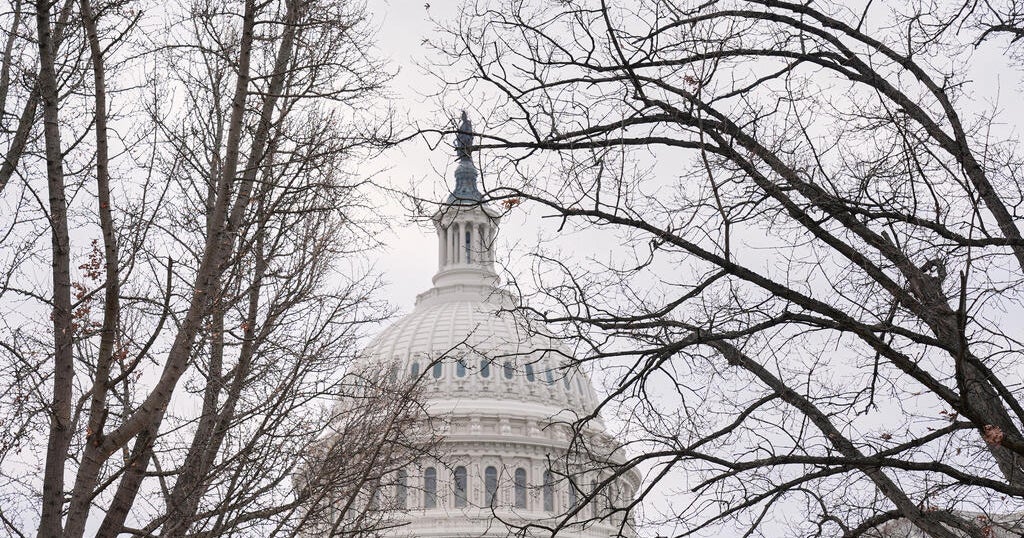Gillibrand Touts Reform Plan For Federal Laws On Medical Marijuana
NEW YORK (CBSNewYork/AP) -- U.S. Sen. Kirsten Gillibrand (D-N.Y.) on Monday told a group of marijuana industry professionals that the federal government should reform laws affecting its medical use, allowing states to set their own policies.
Gillibrand told members of the National Cannabis Industry Association that she's pushing for reforms she introduced last March with Sen. Rand Paul (R-Kentucky) and Sen. Cory Booker (D-N.J.)
Marijuana use is illegal under federal law but allowed in some cases in dozens of states. Gillibrand said more families would benefit from medical marijuana if they didn't have to fear federal prosecution.
``There's a conflict between state and federal statute that confuses doctors, patients and providers alike,'' she said. ``People aren't sure what's legal, what's not, and the gray area that resulted is hindering health care and the industry's development.''
Cannabis industry professionals were in New York for their annual meeting on subjects such as patient care and policy reform that the senator said would spur development and research. In addition, limited financial services now available to marijuana businesses could be expanded, she said.
Marijuana is currently classified as a ``Schedule I'' drug, meaning the federal government does not recognize it as having accepted medical use. Under the bipartisan proposals, marijuana would be moved to Schedule II, recognizing it has legitimate health purposes, with states determining their own programs and doctors writing prescriptions.
The Compassionate Access, Research Expansion and Respect State Act, as it's called, ``would finally allow families and patients, including our veterans in 40 states that have some form of legalized medical marijuana, to access the basic care that they need without fear of prosecution,'' Gillibrand said.
(TM and © Copyright 2015 CBS Radio Inc. and its relevant subsidiaries. CBS RADIO and EYE Logo TM and Copyright 2015 CBS Broadcasting Inc. Used under license. All Rights Reserved. This material may not be published, broadcast, rewritten, or redistributed. The Associated Press contributed to this report.)







